Although inflation in the inter-national pet supplies market was reduced in the second half of 2023, pet food consumers still face inflation-driven price increases. This has effects on the entire sector. Although many retail and manufacturing compan-ies are still achieving double-digit sales growth, the difference from the years of the pandemic is that this increase is attributable not to an uptick in the shopping habits of pet owners or premiumisation of the overall market, but almost exclusively to higher product prices. This is also the outcome of a new survey by market research company Packaged Facts covering the US pet food market, the results of which can largely be applied to Europe.
Survey results show that among the one-third of pet owners who changed foods in the past twelve months, approximately one-third of dog owners and nearly as many cat owners had switched to lower-priced formulations. That said, pet owner confidence in lower-priced products is high, with 37 per cent of pet owners agreeing that private label options provide the same or better quality compared with national brands. Other market opportunities discussed in the report include fresh pet foods, functional formulations, human-grade offers, and cat-specific products.
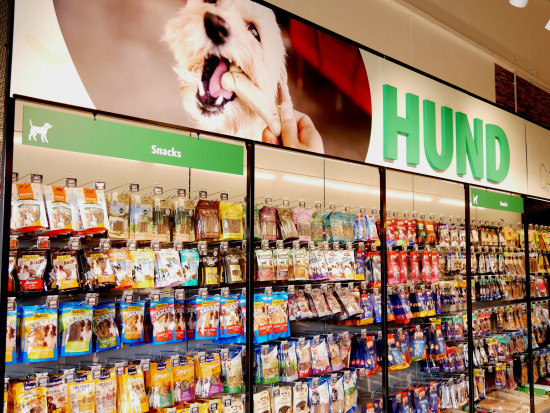
More private label products
The extent to which private label pet food products have become popular around the globe is also shown by new data from market research company Circana, formerly IRI and The NPD Group. It is clear from these figures that retailers have capitalised on the growing pet food category by launching more private label products. They increased their share of the category by 18 per cent (3.6 bn euros) during 2022 across Europe’s six largest markets (France, Italy, Germany, Spain, the UK and the Netherlands). In the last quarter of 2022, this growth accelerated to 25 per cent as pet owners continued to trade down from their favourite brands. Private labels now have a 34 per cent value share of the pet food category across Europe. It is especially high in Germany and Spain, where a wider range is available in discounter channels, says Circana.
Value sales of pet food have grown across Europe by 5.4 per cent over the last four years to reach 10.8 bn euros. During 2022, that growth rate almost doubled to 12 per cent (compared with 5.9 per cent annual growth in 2021), driven by…

 Menü
Menü

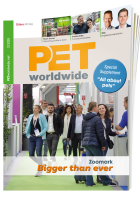



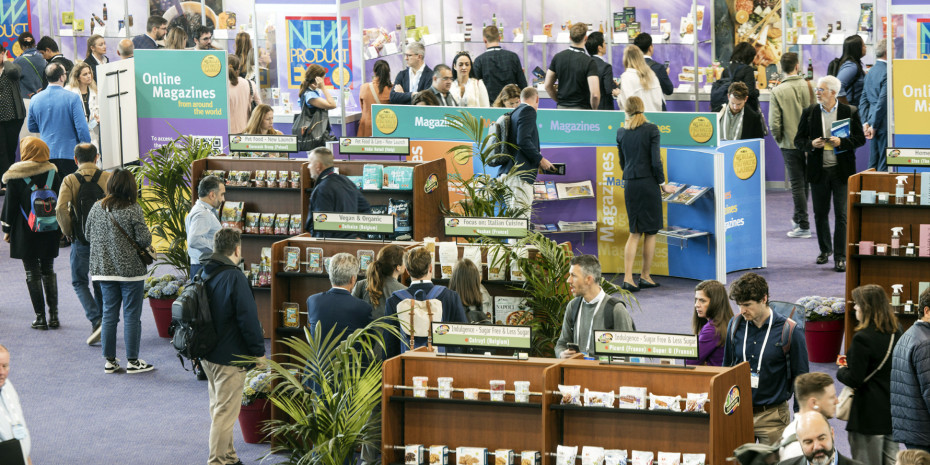



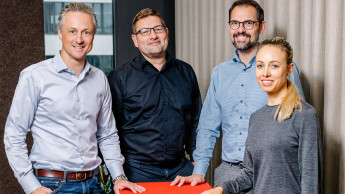
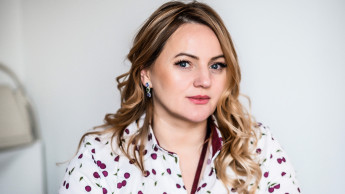
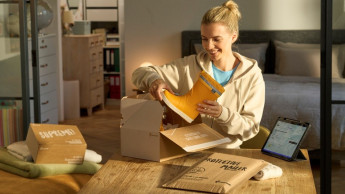
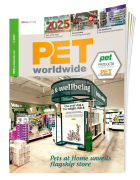



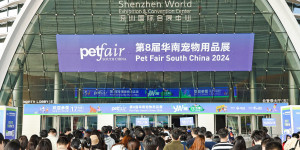




 Newsletter
Newsletter